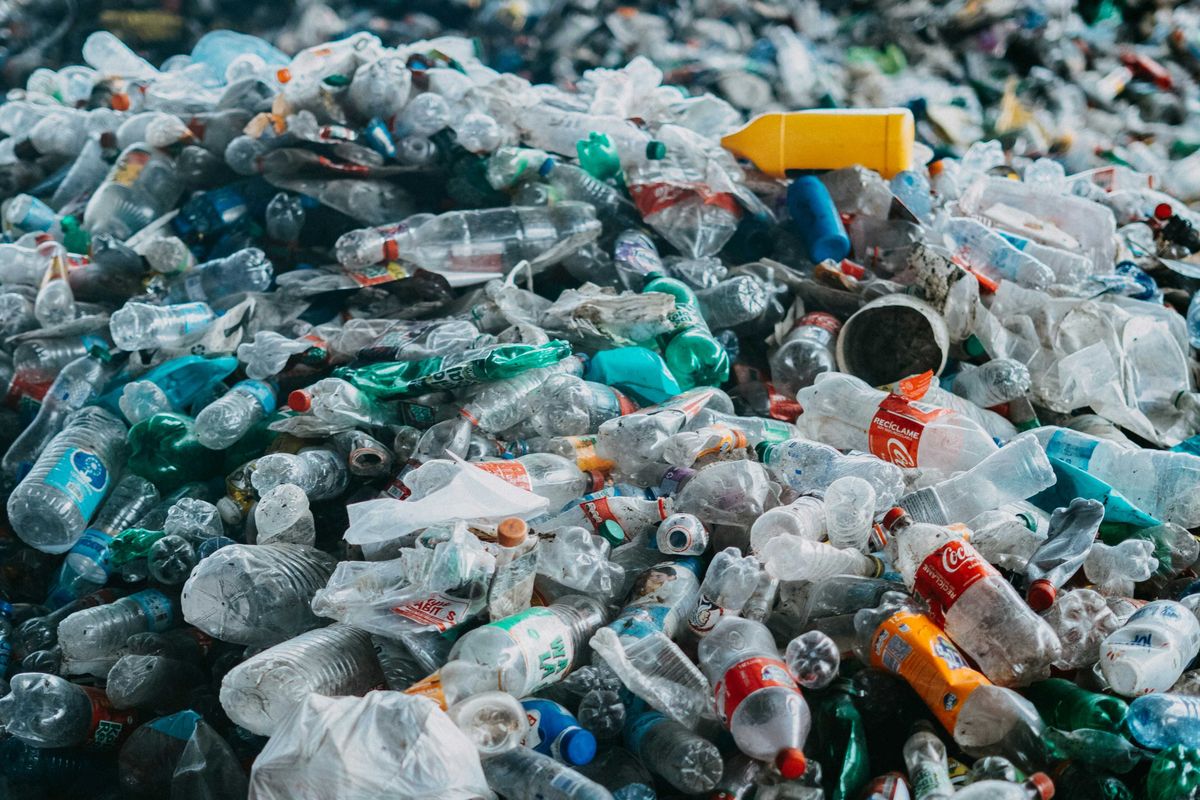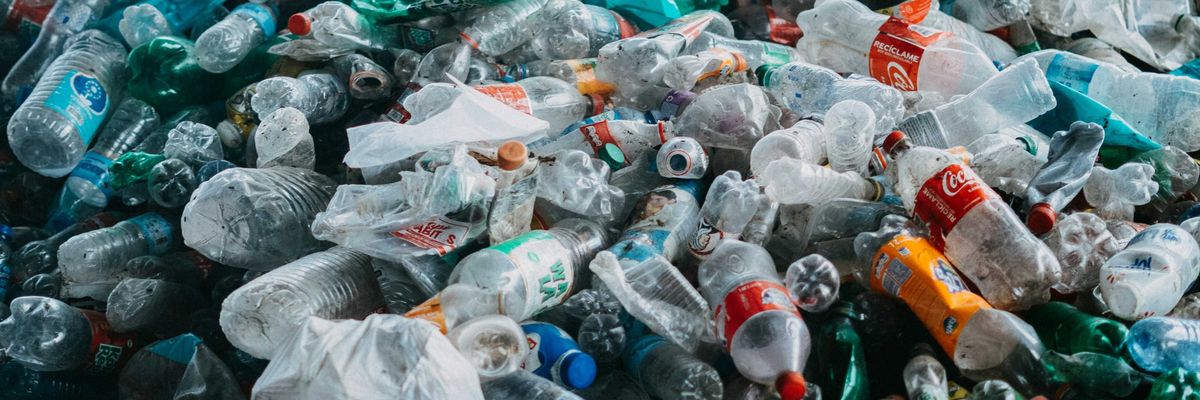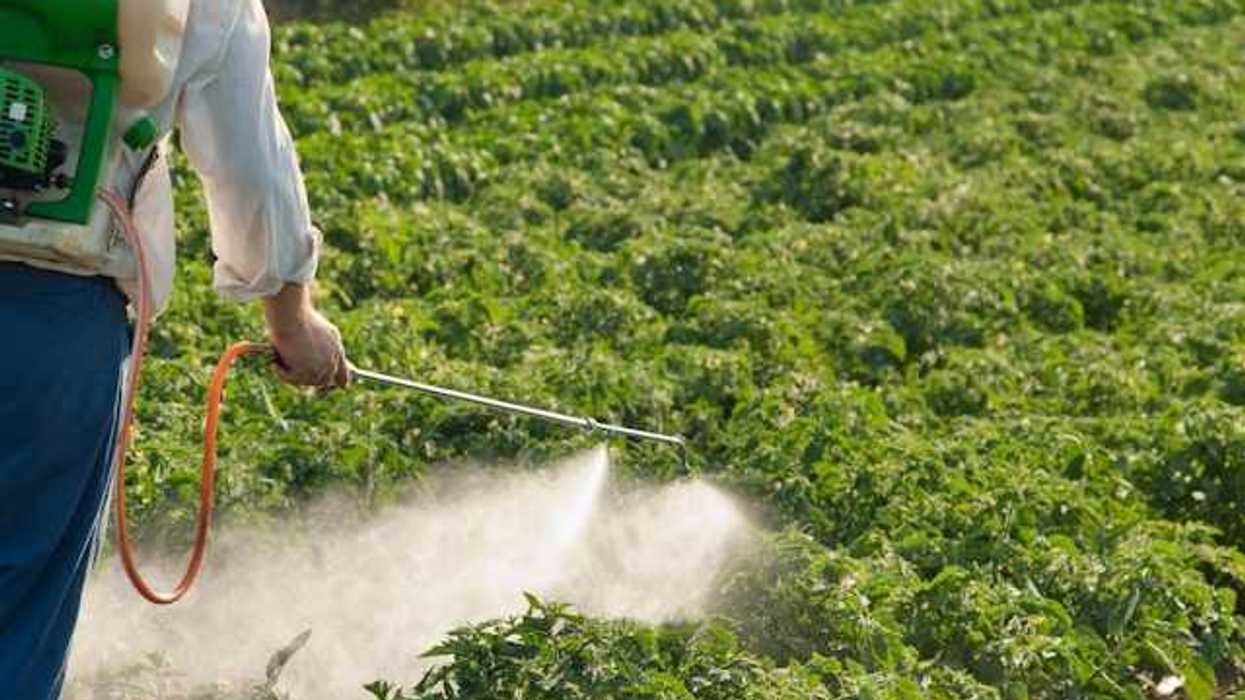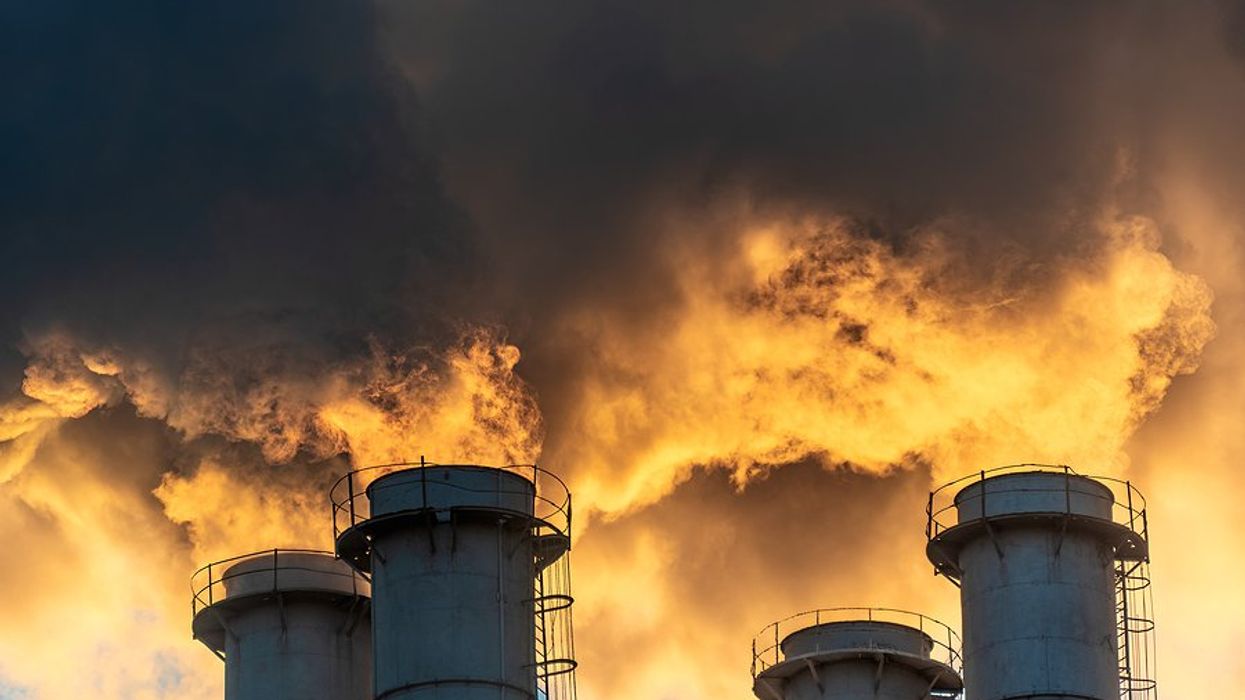According to a recent study published in the Journal of Chromatography A, the recycling process increases the levels of toxic chemicals in polyethylene terephthalate (PET), a type of plastic commonly used for food packaging.
In short:
- PET plastics made of recycled materials contained higher levels of both toxic volatile organic compounds (VOCs) and phthalates in comparison to unrecycled PET.
- Levels of VOCs and phthalates in PET samples progressively increased with increasing amounts of recycled content, as well as with the complexity of the recycling processes involved.
- These results suggest a direct link between recycling intensity and the level of chemical contamination in recycled products.
Key quote:
“The progressive increase in VOC concentrations observed throughout the PET recycling process raises significant concerns regarding the quality and safety of recycled materials, especially when intended for applications involving direct consumer contact.”
Why this matters:
Hazardous substances can contaminate plastics at any point during their lifecycle, and because companies are not required to monitor the composition of their plastics, recycled products contain an unknown number of chemicals. Recycling itself can introduce chemical contaminants that accumulate from other plastic waste and form as byproducts during processes such as shredding, heating, and washing. Common food contact materials such as PET packaging can then leach out their chemical components, exposing consumers. As a result, recycled plastics are potentially more toxic than their original counterparts, highlighting the need for regulations that better protect the public from harmful exposures.
Related EHN coverage:
- Recycled plastics contain more chemicals than original plastics, study finds
- Food packaging may expose humans to more than 3,500 chemicals
More resources:
- Fact sheet: The Four Failures of Chemical Recycling
- Food Packaging Forum: Food Packaging Materials and Recycling
















